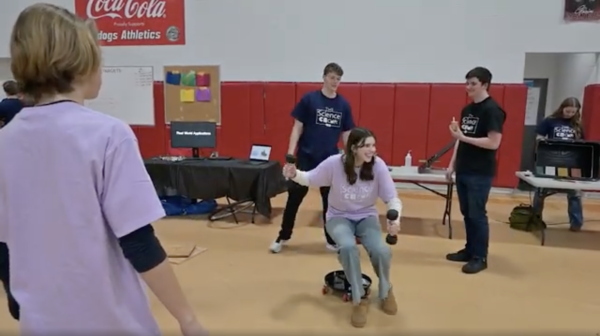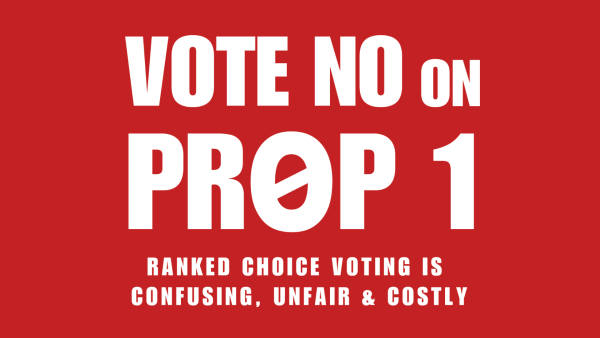PREVENTING SUICIDE
In light of recent events, the Cedar Post hopes to educate students on the seriousness of suicide.
Paper hearts adorned doors and hallways at Sandpoint High throughout the school day on November 2.
The Cedar Post interviewed Jeni Griffin, the Executive Director for the Suicide Prevention Action Network (SPAN) in Idaho to inform students and adults on how to cope with or help someone with depression or suicidal thoughts.
There are many different causes for feeling sad or unhappy that adolescents may experience in high school. However, knowing when negative feelings may be caused by more than just everyday life is an important step to take.
“If this unhappiness lasts for more than two weeks and starts to interfere with your life, it might be caused by depression. Depression is a physical illness for which treatment is available,” Griffin said.
Identifying if a student or someone a student knows may be depressed and/or suicidal is a complicated matter, and asking for help can be even more difficult. However, there are steps students can take to make the process easier.
“If you are having problems and thinking of hurting or killing yourself, tell someone who can help. […] Don’t be ashamed or embarrassed. A lot of teens and adults have problems that they cannot solve on their own. Finding the courage to get help is often the first step toward solving your problems and becoming a happier person,” Griffin said.
There are also steps students can take to help friends who may be depressed or suicidal, and this is especially important as it is much harder to cope with depression or suicidal thoughts on one’s own.
“If you think that any of your friends or classmates may be thinking of killing themselves – tell a responsible adult; someone who is concerned with and understands young people and can help. […] Don’t be afraid of being wrong.” Griffin said.
Some major indicators of suicide include: talking about or threatening to commit suicide, withdrawal from friends and family, changed eating or sleeping habits, agitation, giving away prized possessions and themes of death or depression in writing, reading or artwork.
If any student sees these signs in a friend or feels depressed or suicidal themselves, it is imperative that they talk to a trusted friend, adult, or suicide hotline and get help. Having the courage to do so is one of the hardest challenges any person in crisis will face, but that courage could be life-saving.

Sarah Wells is a senior and is News Editor (first semester) and Photo Editor (year-long) for the Cedar Post. This is her second year on staff.

Cooper King is a senior and is Editor-in-Chief for the Cedar Post. This is his third year on staff; previously he took on the roles of Photo Editor and...










